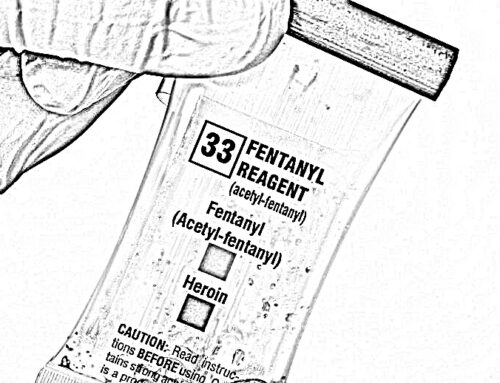The Role of Jailhouse Informants in Criminal Cases
Jailhouse informants, also known as “snitches,” are incarcerated people who provide testimony or information to prosecutors in exchange for lenient treatment in their own cases. The use of compensated jailhouse informant testimony in criminal trials is deeply problematic and a contributing factor in many wrongful convictions over the past several decades.
In this post, we’ll cover the following key aspects of jailhouse informants:
- What Is a Jailhouse Informant?
- Why Informants Lie
- The Risks of False Testimony
- Lack of Oversight and Transparency
- The Need for Nationwide Reform
What Is a Jailhouse Informant?
A jailhouse informant (or “snitch”) is someone who is currently incarcerated and offers to testify or provide information to police or prosecutors in exchange for benefits like reduced prison time, dropped charges, money, or other special treatment.
Informants may claim that the defendant confessed to them or revealed other incriminating details while they were imprisoned together pre-trial or after conviction. Or they might offer secondhand information about a crime gathered from other inmates.
Prosecutors often rely heavily on jailhouse informant testimony to bolster shaky cases, especially high-profile murders and gang-related crimes. However, ample evidence shows that informants have strong incentives to fabricate testimony that aligns with prosecutors’ theories of guilt. Their testimony is now considered one of the leading causes of wrongful convictions in the United States.
Why Informants Lie
Jailhouse informants lie because they are incentivized to help prosecutors in exchange for personal benefits. The prospect of securing their own freedom is a powerful motivator to falsely implicate other prisoners. Informants typically receive substantial sentence reductions, dismissed charges, cash payments, or other significant benefits for their cooperation.
In addition, the culture inside jails and prisons teaches inmates how prosecutors and police leverage informant testimony to strengthen their cases. Veteran snitches educate newcomers on gathering plausible information and fabricating believable confession stories.
Ambitious prisoners realize they can increase their value by eliciting incriminating statements from high-profile defendants or credibly testifying that the defendant admitted guilt. The implicit understanding is that such enterprising efforts will pay off down the road in the form of greater leniency benefits.
The Risks of False Testimony
Unreliable jailhouse informant testimony has led to hundreds of wrongful convictions that have later been overturned by exonerating evidence like DNA testing. Legal experts estimate that 17 % of DNA exonerations involve lying criminal informants.
In many of these tragic cases, prosecutors withheld crucial facts from defense attorneys regarding the incentives provided to the informant witnesses. Some district attorney offices even deliberately avoided tracking benefits or other impeachment evidence that could undermine their informant’s credibility on cross-examination.
Judges and juries could not accurately assess their truthfulness without fully disclosing the informants’ backgrounds and their compensation in exchange for their testimony. Yet claims of jailhouse confessions can be compellingly believable even when completely fabricated.
Lack of Oversight and Transparency
Unlike many democratic countries, the United States has very few meaningful regulations to ensure the truthful and fair use of criminal informants, despite their central role in so many prosecutions.
Law enforcement agencies enjoy broad discretion to trade leniency for suspect information without tracking systems monitoring the benefits provided or any independent oversight. Likewise, few courts hold pretrial reliability hearings to examine the credibility of potential jailhouse witnesses.
This lack of national standards around procuring and presenting informant testimony means shocking numbers of factually innocent people have lost years of their lives based solely on unsupported and incentivized claims from known criminals.
True accountability for the government’s prolific use of compensated informant witnesses is the only way to curb the trend of convictions predicated on self-serving fiction.
The Need for Nationwide Reform
The Innocence Project and other justice reform groups have long called for commonsense nationwide regulations, including:
- Pretrial “reliability” hearings to weigh the credibility of jailhouse informants
- Robust tracking systems detailing benefits conferred upon informants
- Full disclosure to defendants regarding informant incentives and background
- Clear jury instructions explaining the inherent unreliability of jailhouse witnesses
- Expert testimony on typical informant practices and jail culture
A few states have passed legislation mandating some of these integrity measures, but most still allow prosecutors to use compensated criminal informants unfettered by meaningful oversight.
The human cost of this lack of accountability is unacceptable. Until binding standards govern informant recruitment and testimony in every jurisdiction, innocent people will continue having their lives ruined based on nothing more than lies from incentivized snitches.
The days of jailhouse informants operating in the shadows must end. True justice depends on transparency regarding all compensated testimony. To get involved in this crucial reform movement, contact the Innocence Project to voice your support.









